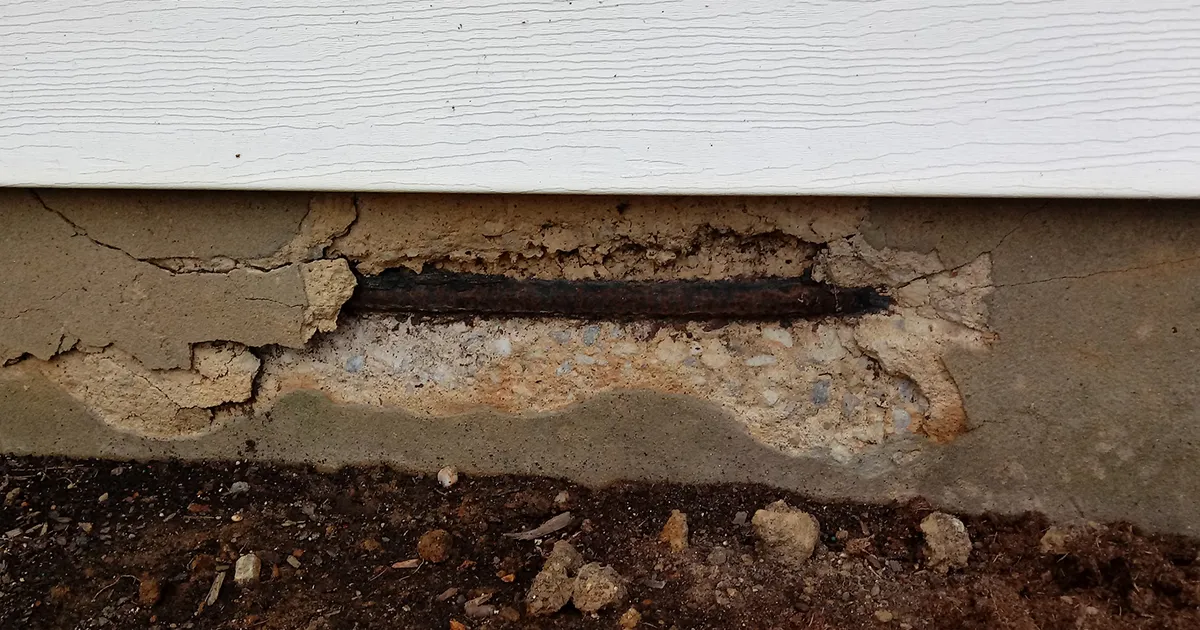Structural damage refers to any damage that affects the integrity or stability of a building or structure. This can include damage to the foundation, walls, roof, or any other part of the structure that is essential for supporting the weight and load of the building. Structural damage can be caused by a variety of factors, including natural disasters, accidents, or simply the passage of time.
Regardless of the cause, structural damage can have serious consequences for the safety and functionality of a building. It can lead to the collapse of the structure, which can result in injury or even death. It can also make a building unsafe or unlivable, which can result in costly repairs or even the demolition of the building.
Therefore, it is important to regularly inspect and maintain a building to prevent structural damage from occurring. This includes both proactive and reactive measures. Proactive measures involve taking steps to prevent structural damage from happening in the first place. Reactive measures involve addressing any damage that has already occurred and preventing it from getting worse.
Here are some key reasons why regular maintenance and inspection is important for preventing structural damage:
Identify potential issues before they become serious problems: Regular inspections allow you to identify any potential issues with the structure of a building before they become major problems. For example, if a foundation crack is discovered during an inspection, it can be repaired before it becomes a larger issue that requires more extensive and costly repairs.
Protect against natural disasters: Natural disasters, such as earthquakes and hurricanes, can cause significant structural damage to a building. By regularly inspecting and maintaining the structure, you can identify any vulnerabilities or weaknesses that may make it more susceptible to damage from natural disasters. This can include reinforcing the foundation or installing additional bracing to protect against wind or seismic forces.
Extend the lifespan of the building: Regular maintenance and inspection can help extend the lifespan of a building by keeping it in good condition. This can save money in the long run by avoiding costly repairs or replacements. It can also help to ensure that the building is safe and functional for its intended use.
Maintain the value of the building: Regular maintenance and inspection can also help to maintain the value of a building. A building that is well-maintained and in good condition is more likely to retain its value over time. In contrast, a building that is in disrepair or has significant structural damage may lose value and be less desirable to potential buyers or renters.
Meet legal requirements: In some cases, regular maintenance and inspection may be required by law or building codes. For example, commercial buildings may be required to have regular inspections to ensure that they meet safety standards. Failing to meet these requirements can result in fines or other legal penalties.
To effectively prevent structural damage, it is important to have a regular maintenance and inspection schedule in place. This should include routine inspections of all parts of the building, including the foundation, walls, roof, and other structural elements. It may also include regular maintenance tasks, such as cleaning gutters, inspecting and repairing roof tiles, and checking for cracks or other signs of damage.
It is also important to hire qualified professionals to perform inspections and maintenance tasks. Structural damage can be difficult to identify and diagnose, and it requires specialized knowledge and experience to properly assess and address. Working with a qualified professional can help ensure that the job is done correctly and that any issues are properly addressed.
In conclusion, regular maintenance and inspection is essential for preventing structural damage to a building. By proactively identifying and addressing potential issues, you can protect against natural disasters, extend the lifespan of the building, maintain its value, and meet legal requirements.


